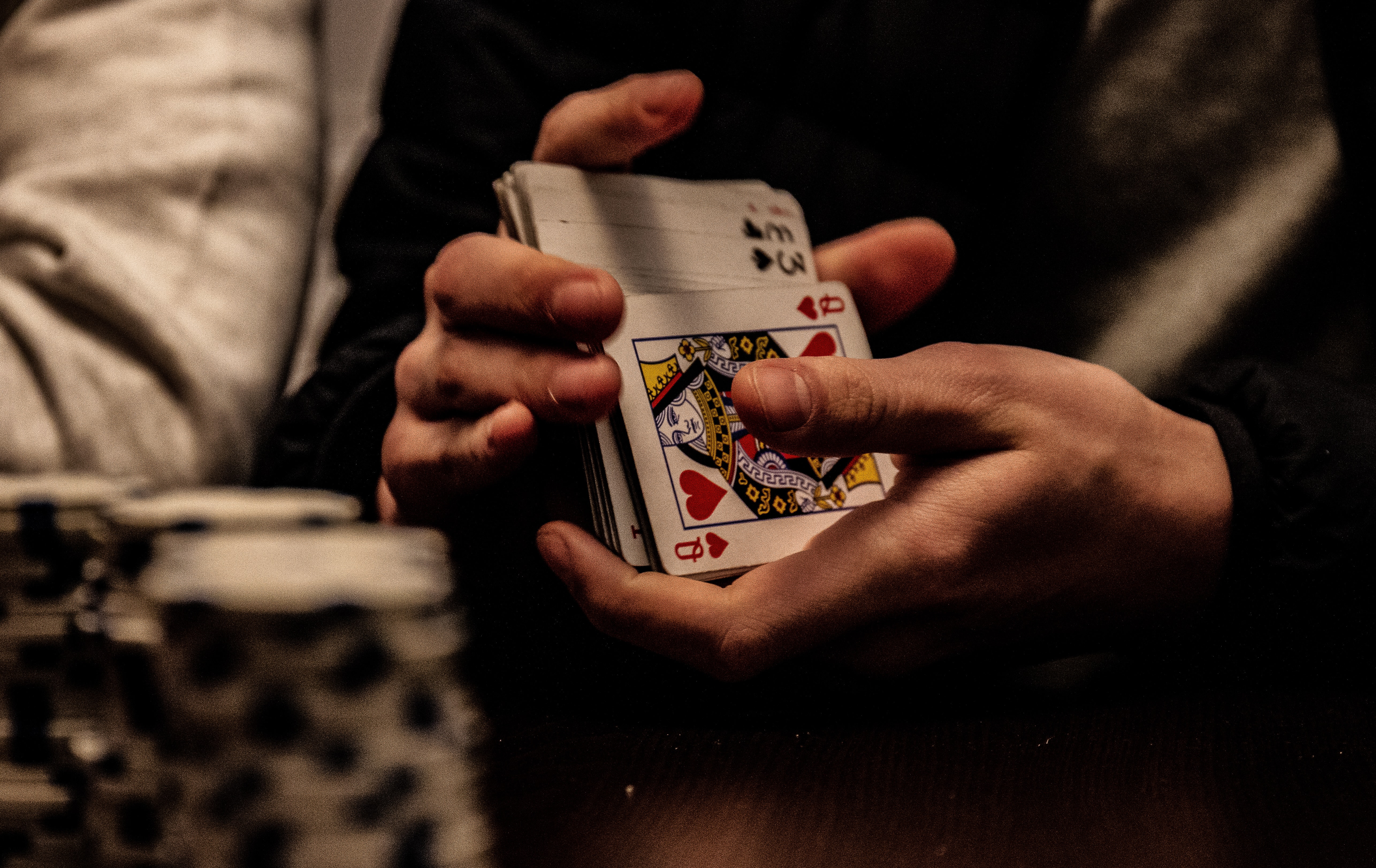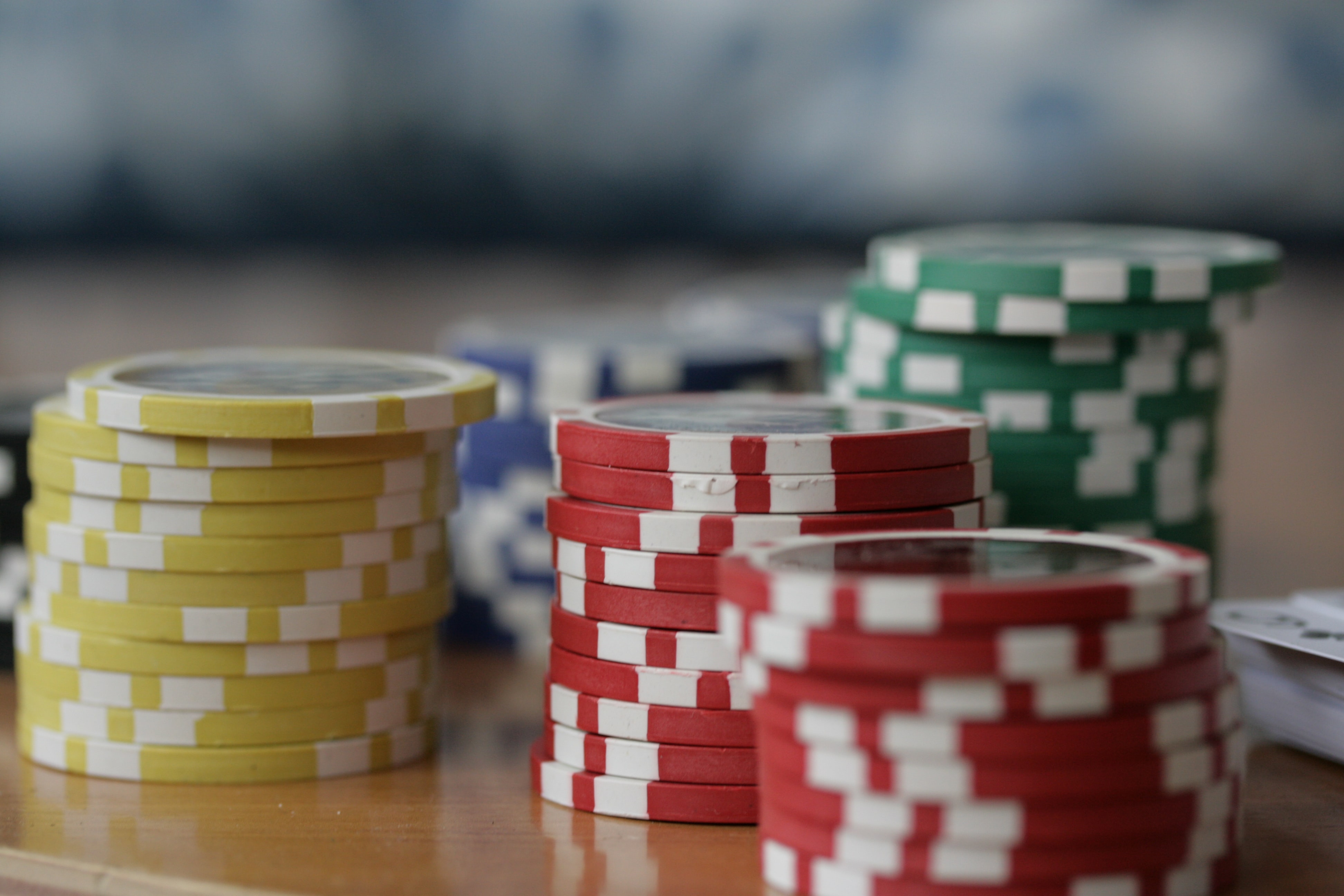Whether you play casual games with friends or play for money at a casino, poker is a game that teaches you dozens of life lessons in a few hours. There are also very few games that will affect how you think and react more than poker does.
Poker is not only fun, but as already mentioned, it’s also a game that everyone should play or at least try. Playing a few games of online poker or a couple of hands with friends will give you a lot of insight into the areas of your life you could work on and improve.

Understanding People
Having the right cards is only half the battle in a game of poker: the other is being able to read and understand people. Pro players can identify what is motivating an opponent to play; they can tell if what they’re holding is a good or bad hand.
Being able to understand people and the subtle subtext of what they do and say will not only help you make better connections, but will also help you become more empathetic in the process.
Working with What You Have
It is very easy to give up if you think you’ve been dealt a bad hand; however, if you take a breath and give it some thought, there’s always a way to work with it. You don’t have to have two aces in your hand to win; you just have to play the hand you’re dealt properly.
Poker teaches you about potential: it helps you see what your hand could be instead of what it is. No matter what situation you are in, there is usually a way to turn it into something beneficial just by looking beyond face value.
Cutting Your Losses
In relationships and in business there will always be times when cutting your losses and moving on is the best decision. We have all heard the term “flogging a dead horse,” and moving on isn’t about giving up: it’s about protecting yourself.

Losing is Part of It
Losses will happen throughout life, no matter how privileged you are. More importantly, the loss can happen even if you’ve tried your hardest to win. The lesson is to consider a loss as a way to learn from your mistakes.
A loss doesn’t mean the end of the road: it just means you need to try a different path and a different method of getting to your goal.
Trusting Your Skills and Instincts
There is a lot of luck involved in poker, but the best players are able to trust their instincts and skills to make hand-winning plays without knowing what their opponent has or what cards will come out of the deck.
Most people underestimate their own instincts, but trusting yourself and what you know will help you make better and more informed decisions throughout your life.
Keeping Emotions in Check
Poker experts will tell you that the worst way to play a hand is by using your emotions. While emotions clearly have their place in life, they can also cloud your judgment, and you can make quick, sometimes unreasonable, decisions.
The trick is knowing when to set emotion aside and use logic to drive your decision-making. Sometimes it’s necessary to be a bit cold and calculated rather than getting all riled up and emotional.
Risk vs. Reward
Life isn’t like a movie: you can’t always be the person who takes the most astronomical risk, and it pays off, and you ride off into the sunset. You need to learn to balance risk and reward. As the old poker saying goes, “Know when to hold ‘em and when to fold ‘em.”
You don’t have to take risks every day of your life in the hope of one of them paying off. Instead, stay level-headed, weigh up the pros and cons, and fully understand if the reward is worth all the risks you may take.
Patience
Poker and being patient go hand in hand. There isn’t a pro in poker history who reached the very top because they had one night of great plays. While winning huge pots is amazing, it doesn’t guarantee you’ll win a tournament. Poker is all about the long game.
If you’re putting in the work and having small, consistent victories, there’s no reason for you not to reach your goal. Ask any business owner if they would rather have 10 sales a month, every month, or 30 sales every six months: the answer is obvious.


